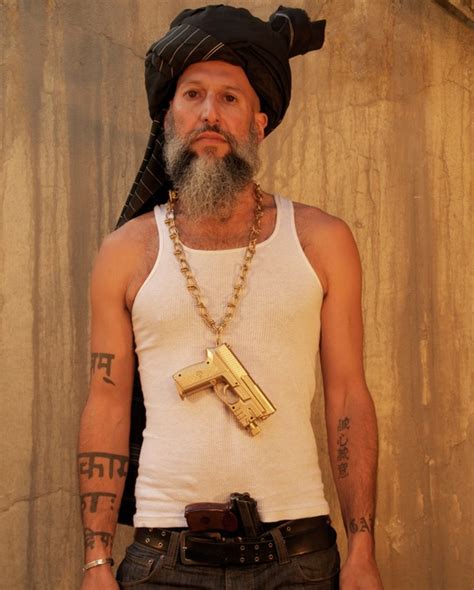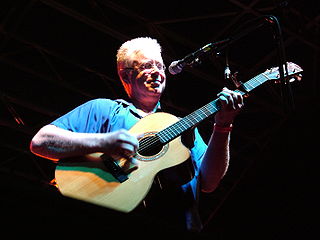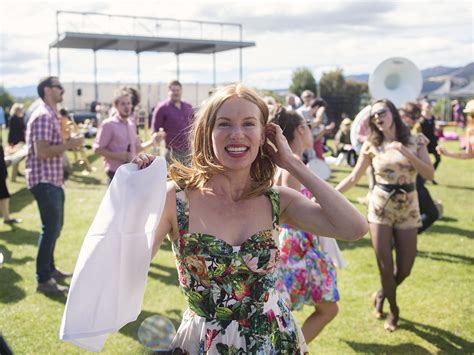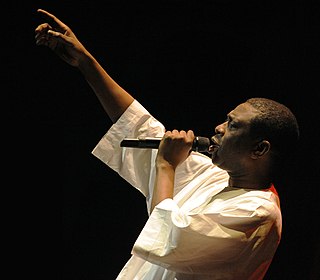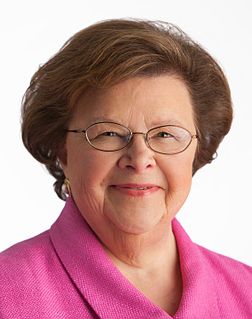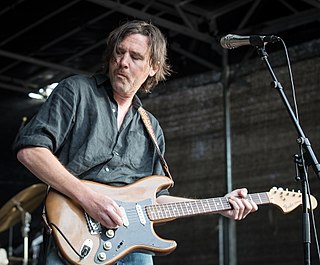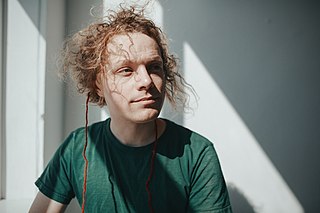A Quote by Rachel Kushner
Art is about play and about transcendent meanings, not reducible to politics.
Related Quotes
Art. Its definitions are legion, its meanings multitudinous, its importance often debated. But amid the many contradictory definitions of art, one has always stood the test of time, from the Upanishads in the East, to Michelangelo in the West: art is the perception and depiction of the sublime, the transcendent, the beautiful, the spiritual.
Politics is a part of life and art is about life. It doesn't mean that all the art has to be about politics - in fact, heaven forbid. But politics is a totally legitimate area of focus for any art, whether it's painting or songwriting or anything else, as much as sex is, as much as spirituality is, as much as any other behavior of people is.
Fashion museums think the more you know about the significance of clothes culturally, the more interesting they are. We certainly don't neglect the aesthetic aspects of clothes. But, I feel that what sets us apart from social, economic, and even aesthetic, or art historical context is that we are not only talking about clothes as kind of art objects created by an artist designer, but also we're talking about the various meanings that clothes have in the world, and how that changes and how we kind of create meanings around clothes.
My definition of art has always been the same. It is about freedom of expression, a new way of communication. It is never about exhibiting in museums or about hanging it on the wall. Art should live in the heart of the people. Ordinary people should have the same ability to understand art as anybody else. I don’t think art is elite or mysterious. I don’t think anybody can separate art from politics. The intention to separate art from politics is itself a very political intention.
Increasingly, politics is not about "who gets what, when, how" but about values, each of them considered to be absolute. Politics is about "the right to life"...It is about the environment. It is about gaining equality for groups alleged to be oppressed...None of these issues is economic. All are fundamentally moral.
Because of their origin and purpose, the meanings of art are of a different order from the operational meanings of science and technics: they relate, not to external means and consequences, but to internal transformations, and unless it produce these internal transformations the work of art is either perfunctory or dead.
I am afraid of what is happening in the West. In a way, the link between art and politics is about to snap. Music and politics, it seems, are increasingly considered to be separate domains. Music is about making peace, not conflict, they say. And, therefore, it is best to do what is considered normal and uncontroversial. Increasingly, accepting the status quo is a precondition for being considered entertainment, while protest culture is grouped alongside politics.

